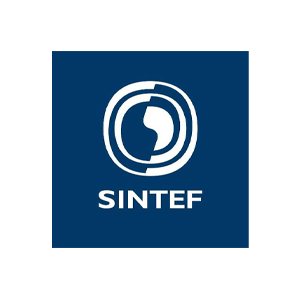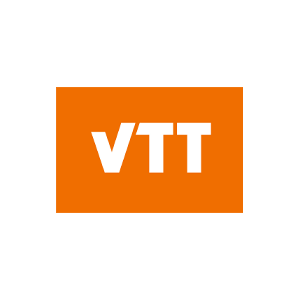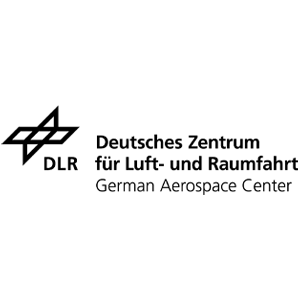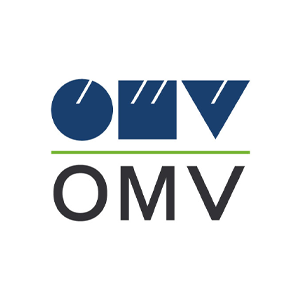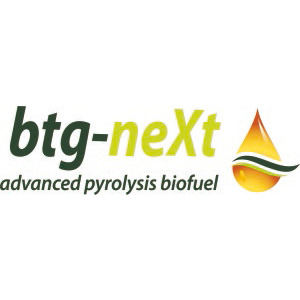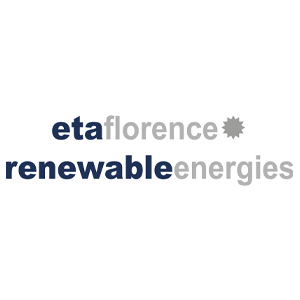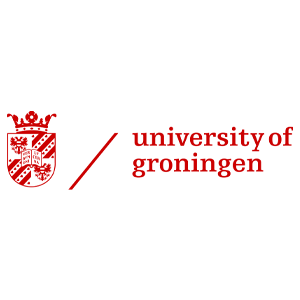Partners
- Four industrial large companies: OMV, NESTE, MOEVE and GRACE.
- Three industrial SMEs working on biomass technologies: BTG, BTG Bioliquids and BTG-neXt.
- Four research centres: SINTEF, VTT, CNRS, and DLR.
- Two universities: the University of Rostock and the University of Groningen.
- One consultancy SME: ETA.
COORDINATOR
PARTNERS
VTT is one of Europe’s leading research institutions. Owned by the Finnish state, VTT advances the utilisation and commercialisation of research and technology in commerce and society. Through scientific and technological means, VTT turns large global challenges into sustainable growth for businesses and society. Among all its fields of interest, VTT is highly skilled in biofuels production and standardisation, and in social sciences and humanities, in particular linked to social acceptance of new technologies.
DLR is the national aeronautics and space research centre of Germany. Its extensive research and development work in aeronautics, space, energy, transport and security is integrated into national and international cooperative ventures. Its institutes and facilities are spread over 13 sites, as well as offices in Brussels, Paris and Washington, D.C. DLR has a large expertise, among others, in the pre-screening of aviation fuel candidates and ways towards the approval of advanced synthetic fuels.
OMV produces and markets oil, gas and chemical product and process solutions in a responsible way. It is one of Austria’s largest listed industrial companies. Inside OMV, OMV Refining & Marketing operates three refineries in Europe and owns a 15% share in ADNOC Refining and ADNOC Global Trading. Furthermore, OMV operates about 2,100 filling stations in ten European countries and runs gas storage facilities in Austria and Germany. It operates three competitive inland refineries in Austria, Germany and Romania.
Grace is a leading global supplier of specialty chemicals within the Standard Industries family of companies. Its two industry-leading business segments, Catalysts Technologies and Materials Technologies, provide innovative products, technologies, and services that enhance the products and processes of its customers around the world. Grace provides Fluid Catalytic Cracking (FCC) catalyst to major customers, world-class refiners delivering fuels and petrochemical feedstocks.
BTG Bioliquids is a sister company of BTG and owns the IP on the fast pyrolysis process that was originally developed by BTG. BTL delivers FPBO-plants that operate on biomass residues only, such as sawdust, sunflower husk, roadside grass and straw, which do not compete for land or with the food chain. By supplying technology for 3 currently operational fast pyrolysis plants in Europe (Empyro, GFN, and Pyrocell), BTL is a worldwide leading biomass fast pyrolysis technology provider.
BTG-neXt provides a solution with its advanced biofuel technology. BTG-neXt offers technology to produce drop-in biofuels that can be used in transport without having to invest in new engines or systems. Building on the fast pyrolysis technology of sister company BTG Bioliquids (for converting lignocellulosic biomass into fast pyrolysis bio-oil – FPBO), BTG-neXt offers technology to upgrade the FPBO into stabilized pyrolysis oil (SPO) or even a drop-in biofuel, using a proprietary catalyst and hydrotreatment process.
ETA is a consultancy and engineering firm based in Florence (Italy), active in the field of renewable energy, with a multi-disciplinary and international team. Currently, the company is involved in several projects funded by H2020 and Horizon Europe, where activities encompass communication, dissemination and support to exploitation pathways. From 2000 on ETA is also the organiser of the annual European Biomass Conference and Exhibition (EUBCE).
University of Groningen is a top-ranking research university located in Groningen, The Netherlands. In the Green Chemical Reaction Engineering unit, main research interests concern the development of novel catalytic chemistry and reactor concepts (among others microreactors, centrifugal contactor separator devices) for catalytic processes with a strong emphasis on the conversion of (lignocellulosic) biomass to energy, biofuels (catalytic pyrolysis, pyrolysis oil upgrading) and biobased (performance) chemicals.
University of Rostock (UROS) is a German university offering attractive perspectives into nearly all scientific fields. UROS has at its disposal excellent interdisciplinary research fields in the areas of natural and technological sciences, medicine, life sciences, humanities and cultural studies. In particular UROS has a huge expertise and network in the testing of fuels for marine application.
Moeve is a global and integrated energy and diversified company operating across the entire oil, chemical and gas value chain. At its energy parks, which are ranked among the top 100 in Europe, the company distills crudes and transforms them into products such as diesel, gasoline, heating fuel, kerosene, and liquefied gas, as well as chemical building blocks for the chemical industry. Furthermore, Moeve has laboratories, state-of-the-art machinery and pilot plants capable of replicating industrial processes.
Neste is an oil refining and marketing company located in Espoo, Finland. It produces, refines and markets oil products, provides engineering services, and licenses production technologies. Neste has operations in 14 countries. With the growth of renewable and circular solutions, Neste aims to help its customers reduce their GHG emissions by at least 20 Mt of CO2e annually by 2030. Neste currently has an annual capacity of 100,000 tons of Sustainable Aviation Fuels (SAF).

